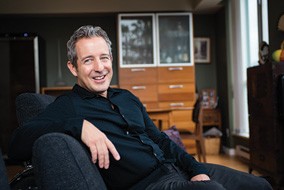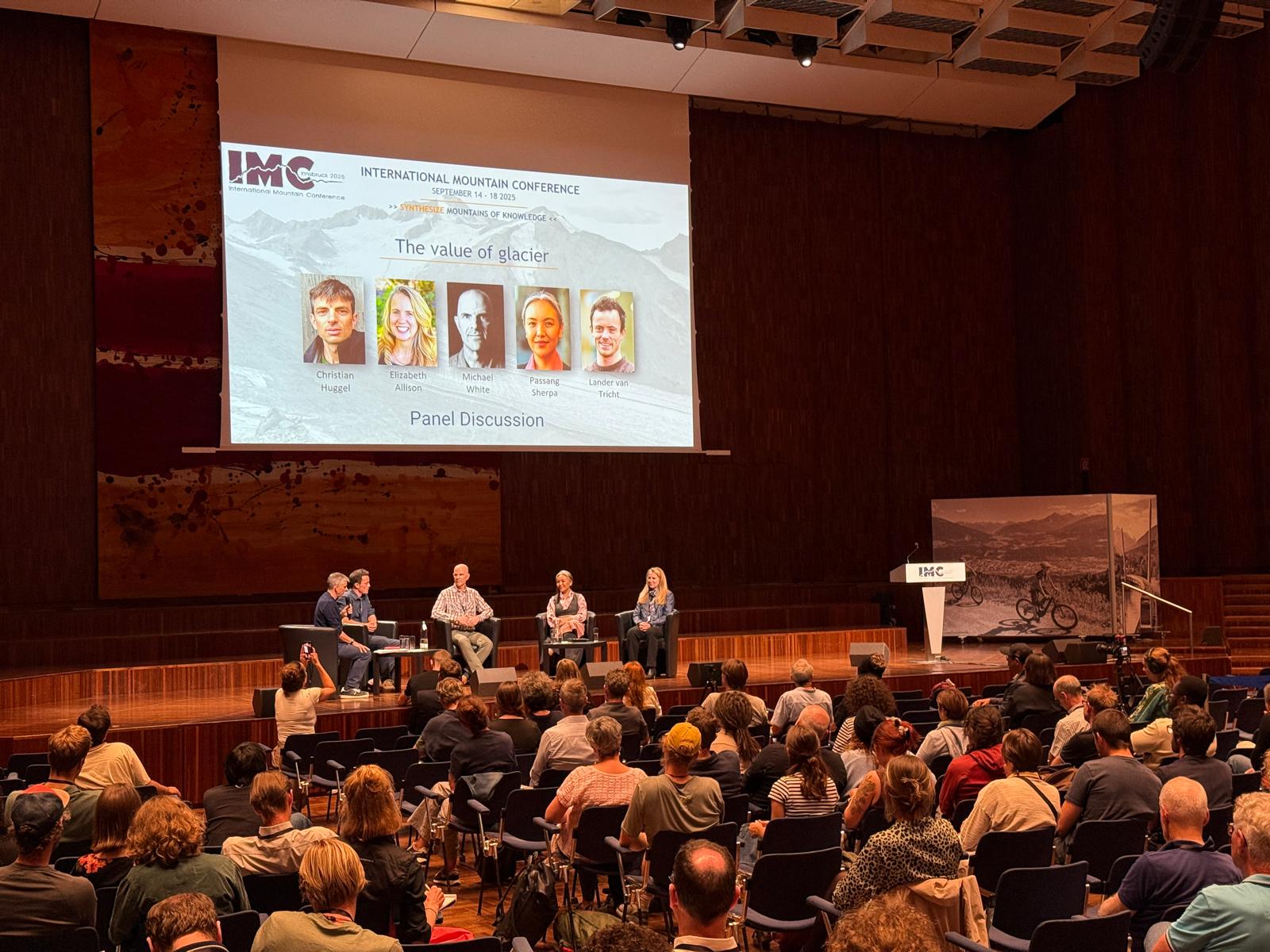We catch up with Dr. Edward Slingerland to discuss his recently completed Massive Open Online Course, Foundations of Chinese Thought. Successes, challenges and what is next for the course.


I had never considered doing a MOOC, but was approached by the Deans about it last year. I was already thinking that I was tired of how I’ve been teaching Asia 371, really wanted to revamp the course anyway, so this seemed like a good opportunity to do so.
In what ways did you find a MOOC more successful than a course in a classroom?
Well, you reach a lot more people (this first running was not well advertised because of our signing on late with edX, but I still got around 5000 students, with almost 2000 really active in the class), and a much more diverse group of students—I had students from 160 countries and a good chunk of them (over 1000) already have Ph.Ds or MAs, so bring a lot of interesting professional and life experience to the class.
The MOOC format allowed me to incorporate a lot more helpful images and video clips to my lectures, and also to bring in guest speakers on particular topics, which I found really helpful. Gives students a much fuller, more diverse and multimedia experience.
What were the challenges?
First of all, it was enormously time consuming, I really didn’t have any idea what I was getting myself into. You have to do a lot of filming to produce 15 minutes or so of finished video. I basically worked on this full-time from mid July to the beginning of December, working a lot on weekends and evenings, and my poor videographer and editor did the same, pulling a lot of all-nighters. I think it took about 5 years off his life…
Why should our alumni consider taking this course?
It will give them a very thorough introduction to early Chinese thought, which is the basis of all later East Asian systems of thought. (Even Buddhism gets read through a lens that is established in the Warring States, in early Confucianism and Daoism). These ways of thought are not only enormously influential culturally, but have important insights for us today, and can serve as correctives to some of the shortcomings in modern Western thought. The course also gives students a basic intro to human cognition and evolutionary theory.
When does the next course start? Are you expecting any changes/improvements to the material/way it is taught?
The next running on edX will be Fall 2015, but people can register for the course between now and then as auditors to get access to the course materials, which will remain up and available for viewing. Students won’t be able to take the quizzes and exams and gain a certificate, though, until the course officially runs again.
We’ll be making many improvements between now and then, adding extra material, improving what we already have, and spreading out the material a bit more over a longer period (probably 9 weeks instead of 7) to make it easier to keep up with all of the material.
Student Feedback
“A beautiful and important class that covers ancient chinese thoughts on the origin of life and morality, the best part is professor Slingerland would interject them with modern studies in behavioral economics & positive psychology and deepen our understandings in both… simply brilliant! Thank you so much for your course. I have learned a lot that I can use in my Medieval Cultures course, which I have been teaching every year for three years, despite my lack of qualifications. Your book is fascinating, and I’m looking forward to studying the philosophy in more depth on my own.”
“Thank you, Professor Slingerland and staff. After each lecture, I thought, this just can’t get better. Too bad other obligations made forum posting impossible. This was a feast of knowledge, insight, wit, and unexpected turns. Ancient Chinese Philosophers, brought into the here and now, modern cognitive science and linguistics brought into the there and then. Sparks fly! And while the Charles Taylor moment at the start of the course was strong, 7.10 climaxed in a phenomenal manner. Infuriating, scary, deeply perceptive. The footage of enlightened atheist Professors getting religiously defensive was even funnier than Russel Brand. In a way, Professor Slingerland, your thinking seems a logical consequence of that now mainstream generation of thinkers – asking questions that unsettle questions that have settled into rigid, self-righteous answers. Thank you, thank you, thank you. One day I hope to be able to come to Vancouver to listen to you in person, and maybe ask questions, too. Your students, whether there, or around the rest of the globe, are lucky to benefit from your insight, learning, generosity, and kindness. Thanks.”
“Just finished the final video. Your heads are safe from Han Feizi’s axe as I think you nailed your objectives. It was a great course which opened up insights into important historical and philosophical areas of study. Many thanks to all involved.”
“This course has been truly excellent. Just wanted to thank Prof. Slingerland, the teaching assistants and the video production team for putting the course together. The videos, references and further reading all exceeded my expectations. Also thanks to my fellow students for asking questions on the discussion board that I never would have thought of. This is the first MOOC I’ve done, and I’m ‘happy’ I chose this one, one of the best courses I’ve ever done. I really enjoyed how the subject was linked to modern psychology, neuroscience and politics; I wasn’t expecting this. Makes we want to pack up and move from England to Canada and study at UBC with you guys! (And now I know what the likes of Confucius and Laozi would make of this decision). I will definitely read the texts in their entirety now. This last module has made me realise we have only scratched the surface, and would be interested in any follow up courses, if you have the time to put them together! Thanks.”
“Professor Slingerland and China300x team, this MOOC was amazing, and I learned so much that now goes hand in hand well with the aspects that I read about before, experienced myself in China and with Chinese people in my private as well as professional life, and learned so far in Harvard’s ChinaX series (also via edX.org). Thanks a lot for that wonderful opportunity, and I hope for more inspiring courses with you to come. Also I will definitely read more about the introduced schools of thought.”


